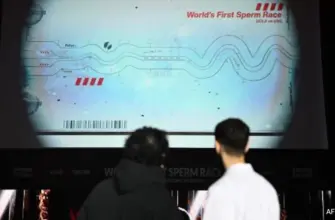A radical new perspective on the universe’s origins is shaking the foundations of modern cosmology, questioning the long-held belief in the Big Bang.
Professor Richard Lieu from The University of Alabama in Huntsville has presented compelling research suggesting that our cosmos didn’t originate from a singular, cataclysmic event. Instead, he posits a universe sculpted by a series of rapid, intermittent bursts throughout its existence.
Published in the journal *Classical and Quantum Gravity*, this alternative model introduces “temporal singularities”— brief, intense releases of matter and energy that propelled the formation of stars, planets, and galaxies across time. This represents a significant departure from established scientific thought, which has largely prevailed since the 1960s.
According to Professor Lieu, these temporal singularities periodically injected bursts of energy and material into space, an ongoing process rather than a one-time explosion. “The new model can account for both structure formation and stability, and the key observational properties of the expansion of the universe at large,” he explains.
Key Differences from the Big Bang Theory:
- Big Bang: Proposes a single, initial explosion from an infinitely small point.
- Lieu’s Model: Suggests continuous bursts of energy and matter throughout cosmic history.
These transient events are incredibly rare and fleeting, occurring too quickly to be detected by current observational tools.
The prevailing Big Bang theory relies on the existence of dark matter and dark energy— mysterious components that scientists have yet to directly observe. Dark matter is theorized as an invisible framework holding galaxies together, while dark energy supposedly drives the universe’s accelerated expansion.
Professor Lieu’s work aims to reconcile our understanding of the universe with established physical laws without resorting to these unproven entities. His theory offers a potential explanation for the accelerating expansion of the universe without invoking dark energy and could also account for galaxy formation without needing dark matter.
“These singularities are unobservable because they occur rarely in time and are unresolvedly fast, and that could be the reason why dark matter and dark energy have not been found,” Lieu stated.
He describes his approach as “radically different” from conventional cosmological models. However, he acknowledges limitations. The proposed temporal singularities remain inherently difficult to observe, mirroring the challenges associated with detecting dark matter and dark energy. Furthermore, the underlying cause of these bursts remains unexplained.




